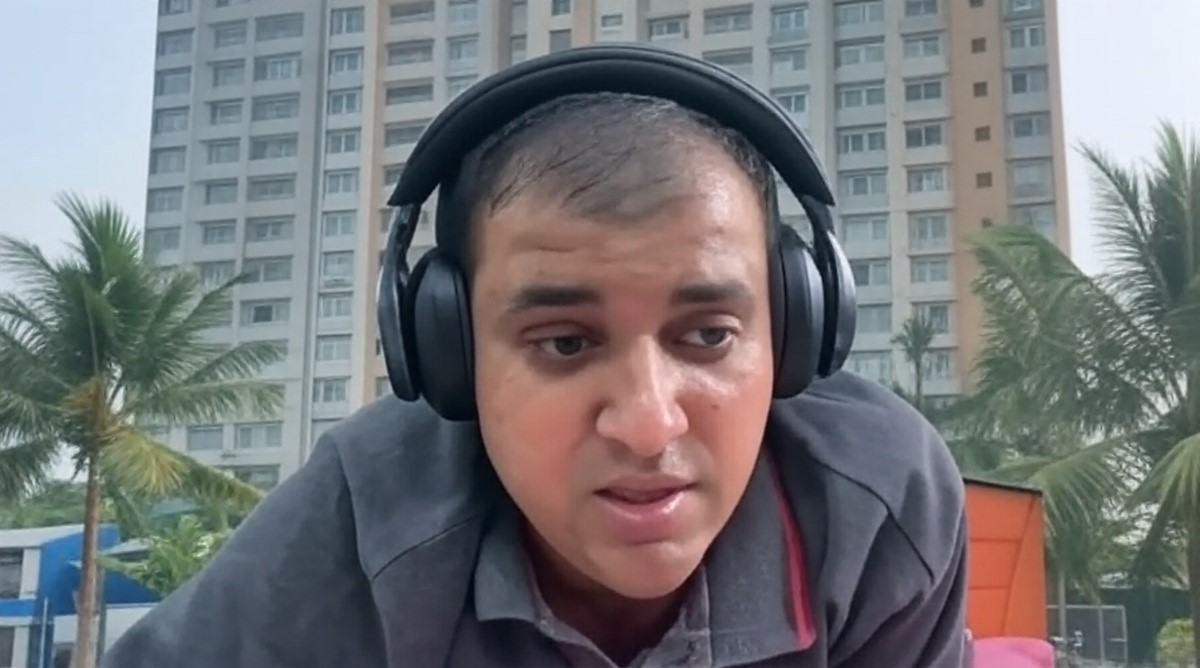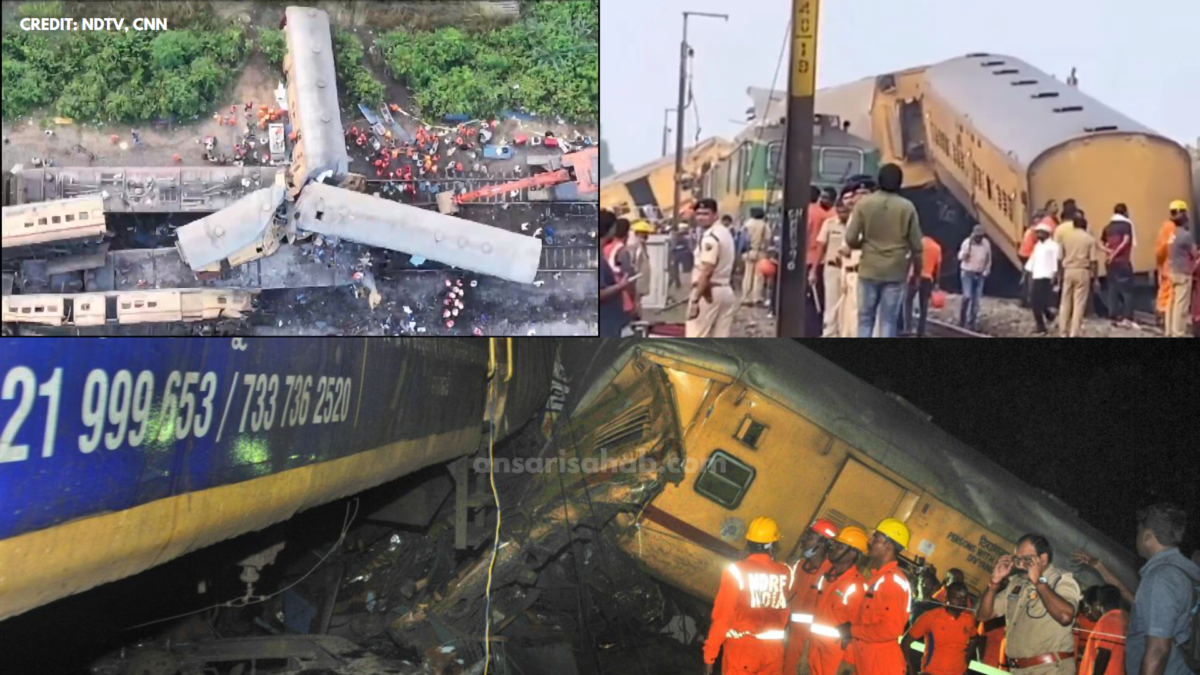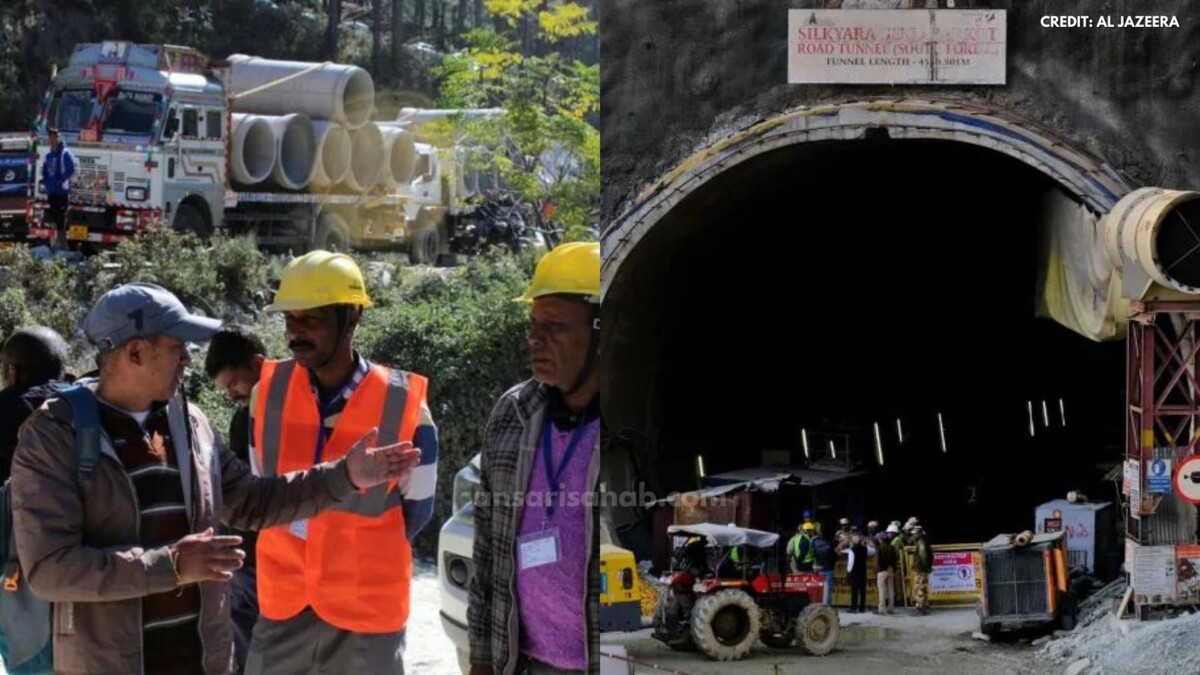Tragedy in Bengaluru: IAF Engineer Ends Life
An engineer serving in the Indian Air Force (IAF) died by suicide on Monday, September 15, 2025, in Bengaluru, reportedly after jumping from the 24th floor of a high-rise apartment complex in the Prestige Jindal City area. The engineer has been identified as Lokesh Pavan Krishna, 25, residing at the Halasuru Military quarters in Bengaluru. Local police have launched an inquiry into circumstances surrounding his death.
Background and Initial Findings
According to preliminary police reports, the incident occurred at the engineer’s residence in a high-rise building. Neighbors say the engineer lived alone. The property is situated in a residential tower complex managed by Prestige group in northeastern Bengaluru. Authorities are investigating whether any suicide note was found, and what role, if any, personal or professional pressures played.
No signs of a struggle were reported, and police sources told media that foul play is not suspected at this stage. A forensic team is collecting evidence from the scene, including video surveillance in common areas, and examining medical records.
Mental Health, Duty Stress, and Institutional Support
Experts on mental health and military duty stress emphasize that serving personnel often face unique pressures, including postings, separation from family, and high expectations in duty. In this case, colleagues of the engineer have not yet spoken publicly about whether he displayed any warning signs.
India’s Air Force has policy protocols for mental health counseling, but experts say stigma and lack of confidential access can prevent individuals from seeking help. “Mental health remains an under-discussed issue in armed forces,” stated a veteran psychiatrist in Bengaluru. “Dropping the barriers to reporting distress can help prevent such tragic outcomes.”
Additionally, there is ongoing debate about whether the rapid pace of assignments or inadequate rest periods could contribute to psychological decline among military engineers and other technical staff. Institutional audits in recent years have flagged workload and mental wellbeing as areas needing improvement. (While not specific to this case, such trends are documented in several public reports.)
Implications: Policy, Safety & Community Dialogue
The incident has sparked calls in Bengaluru for clearer policies to aid mental health support for defense personnel as well as stricter oversight of high-rise safety features in residential buildings. Residents in Prestige Jindal City have questioned whether balcony or window safety norms are being followed stringently, particularly for occupants on high floors.
Meanwhile, defense authorities are expected to review the case internally. If service duty or decision pressure is found to have contributed, it could prompt updates in counseling or supervision protocols. In addition, civil authorities may bolster regulations around residential structure safety, especially on high-rise apartments, given that a jump from the 24th floor is unlikely to have survivable outcomes.
Community groups and military family associations have expressed sorrow and stressed the need to talk openly about mental distress, especially among younger engineers who may feel isolated.
FAQs
A: A 25-year-old engineer in the Indian Air Force died by suicide in Bengaluru after jumping from the 24th floor of a high-rise apartment in Prestige Jindal City.
A: Police report he lived alone and no signs of foul play have been observed so far. Investigations are ongoing into any personal, professional, or mental health factors.
A: The case draws attention to the importance of mental health support in the armed forces, duty stress, and building safety in high-rise residences. It has triggered dialogue on how institutions and communities can better detect and address distress.
Sources: IndiaTV









